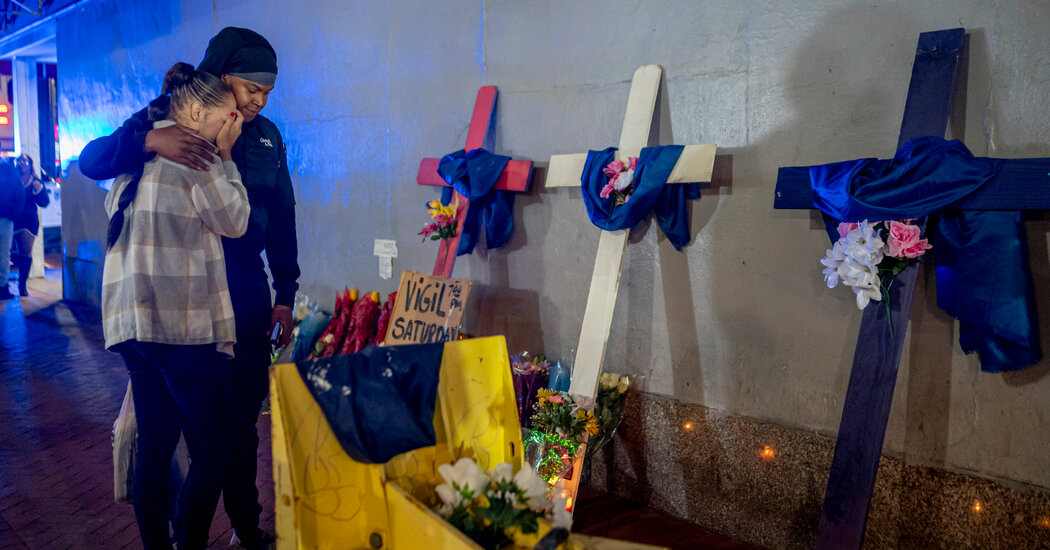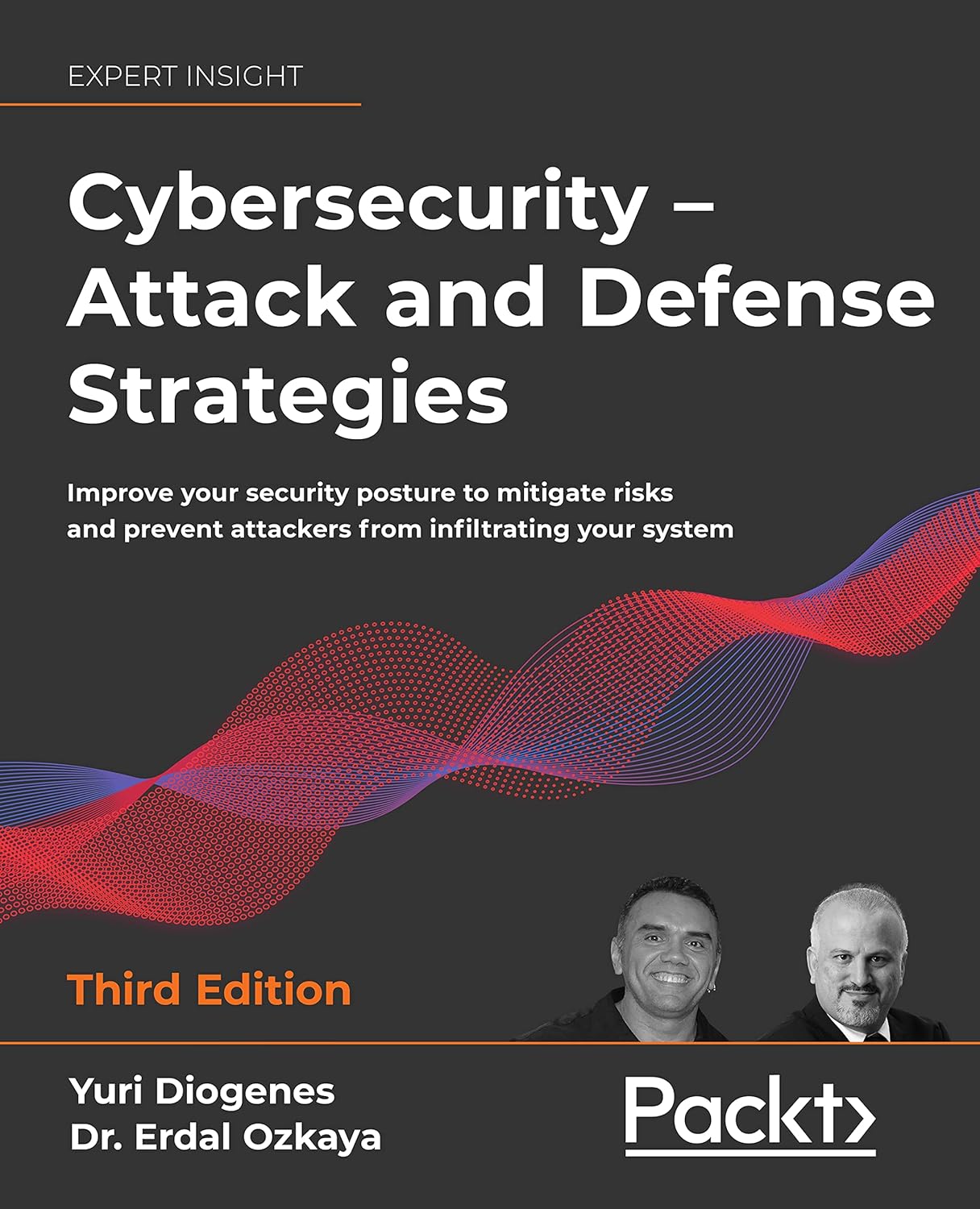DORAL, Fla. (AP) — A key ally of President Donald Trump said the White House pardoning rioters who fought with police while storming the U.S. Capitol in 2021 is “sending the wrong signal” and expressed concern about the future ramifications of issuing sweeping clemencies.
“I have always said that, I think, when you pardon people who attack police officers, you’re sending the wrong signal to the public at large,” Sen. Lindsey Graham, a South Carolina Republican who is close to Trump, told CNN on Sunday. “It’s not what you want to do to protect cops.”
Within hours of taking office last week, Trump issued a sweeping clemency order covering around 1,500 rioters for their role on the Capitol attack that attempted to block congressional certification of Joe Biden ‘s 2020 election victory on Jan. 6, 2021.
Among those released from prison was Stewart Rhodes, founder of the far-right extremist group the Oath Keepers, who orchestrated the plot that resulted in the attack. Rhodes was among a large group of supporters who were standing and cheering behind Trump on stage when the president delivered a speech at the Circa resort and Casino in Las Vegas on Saturday, before flying to Florida to spend the rest of the weekend at his resort in Doral.
Asked about Rhodes attending the rally, Graham said, “I don’t think there’s a restriction on him being there.” The senator also noted that Biden had used his own string of pardons, including using his final hours in office to issue blanket clemencies for his relatives and leading government officials.
“I don’t like this. I don’t like it on either side. And I think the public doesn’t like it either,” Graham said. “So, if this continues, if this is the norm, there may be an effort to rein in the pardon power of the president as an institution.”
He said he saw what occurred with blanket clemencies “as a bigger precedent” and that he was “worried” about the future consequences.
“I have said clearly I do not like it when President Trump pardoned people who beat up cops. But I didn’t like it when Biden pardoned all of his family going out the door,” he said.
The senator made similar comments Sunday on NBC’s “Meet the Press,” saying that though Trump “had the legal authority” to issue such pardons, “I fear that you will get more violence.”
“Pardoning the people who went into the Capitol and beat up a police officer violently I think was a mistake,” he said.
Graham isn’t the only Trump ally who has struggled with Trump’s pardons for the Jan. 6 rioters.
Vice President JD Vance said more than a week before Trump issued the clemencies, “Obviously, if you committed violence on that day, you shouldn’t be pardoned.” But, in an interview on CBS’ “Face the Nation” that aired on Sunday, Vance said Trump and his team carefully reviewed the individual cases of Capitol rioters and “made the right decision” with the pardons.
In a recent interview, Senator Lindsey Graham spoke out against the idea of pardoning individuals who attacked the Capitol on January 6th. Graham emphasized that pardoning these individuals would send the wrong signal and undermine the rule of law.
Graham stated, “Pardoning those who participated in the violent insurrection at the Capitol would be a grave mistake. It would send the wrong signal that such behavior is acceptable and could embolden others to commit similar acts in the future. We must hold those responsible for their actions and ensure that justice is served.”
Graham’s remarks come as some have speculated that President Trump may consider pardoning individuals involved in the Capitol attack. However, Graham’s stance highlights the importance of accountability and upholding the principles of democracy.
As investigations into the Capitol attack continue, it is crucial that those responsible are held accountable for their actions. Graham’s strong stance against pardoning the attackers sends a powerful message that such behavior will not be tolerated in our society.
Tags:
Lindsey Graham, Capitol attackers, wrong signal, pardoning, SEO, search engine optimization, specialist
#Lindsey #Graham #pardoning #Capitol #attackers #sends #wrong #signal





